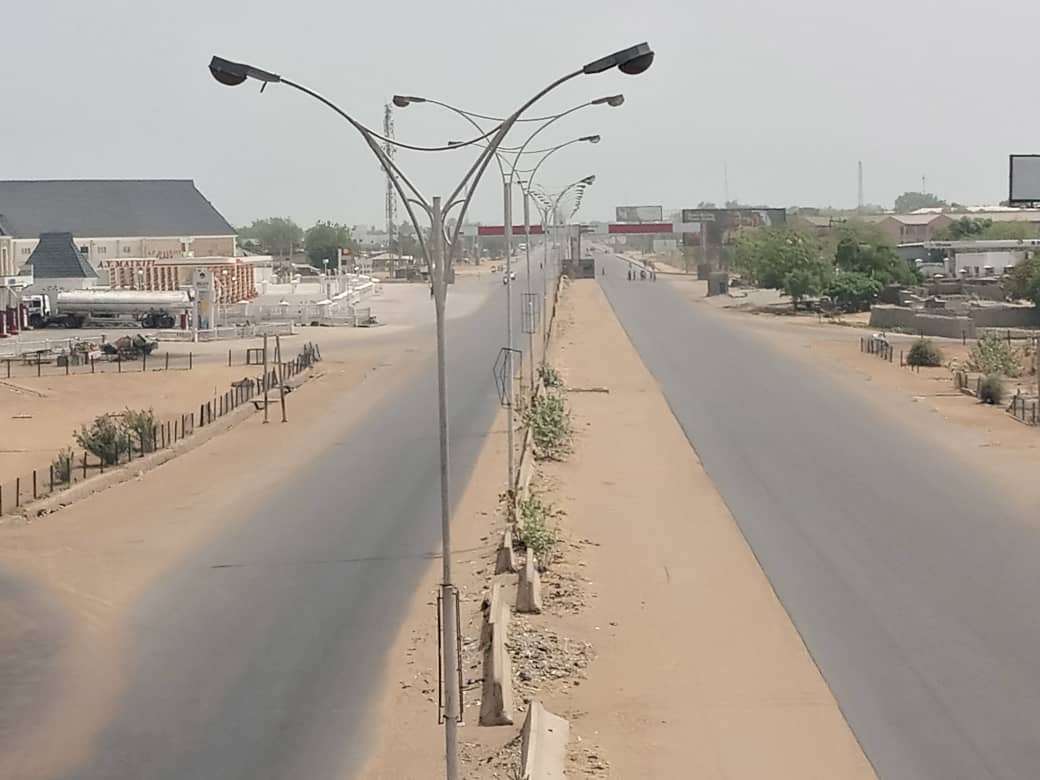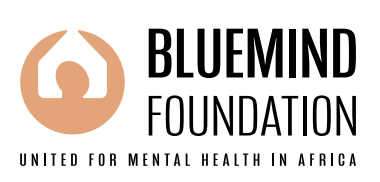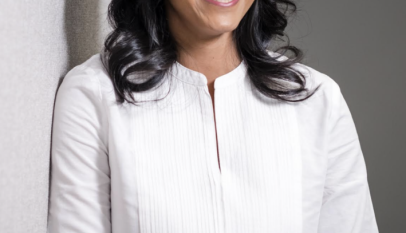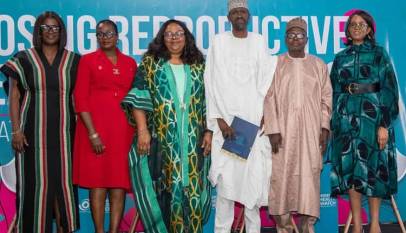COVID-19: How ordinary Kano citizens view the disease
Lack of effective community engagement strategy fuels misinformation and disinformation about COVID-19 among Kano citizens

It is said that fake news about COVID-19 fueled by misinformation and disinformation about the virus travels at a faster rate than the disease itself leading to more harm in terms of spread of the disease. Consequently, people have different perception of the respiratory disease which had gave rise to varied attitude towards the disease.
Whereas many believe in the existence of COVID-19 and the dangers it poses to human health and survival, some are of the opinion the disease only exists in Europe and China but not in Nigeria where they say the climatic condition is unsuitable for the virus to thrive. However, some are of the opinion the disease doesn’t even exist at all; instead, it’s a creation of certain powerful groups as a means to further their malicious interests.
Therefore, to such people, the idea of the existence of the virus in Nigeria is simply a ploy by political leaders to seek for loans and aid which will be of benefit to them alone – but certainly not the people. The justification given by another section of Kano citizens for their disbelief in the existence of COVID-19 is the fact that they are yet to see someone they know contract the virus thus are only hearing of the disease in mainstream and social media.
It is the same reason given by others who said their belief in the disease’s existence is as a result of their loved ones contracting the virus. Similarly, some of the Kano citizens who spoke to Newspage said they believed in COVID-19’s existence because they had seen its devastating impact on TV across different countries of the world including Saudi Arabia, where even the ever-busy and most sacred site in Islam, the Kaaba, was shut down as a result of the virus.
‘COVID-19 is real!’
One such Kano citizens is thirty-year-old Usman Sambo, who said he believes in the existence of the coronavirus even though he was yet to see anyone who had been infected with COVID-19, because he had seen its shattering impact on countries such as Saudi Arabia. “I have seen the impact of COVID-19 in countries like Saudi Arabia where Muslims couldn’t travel for lesser Hajj during Ramadan. In fact, I heard even the main Hajj is now under probability because of COVID-19,” he said.
Likewise, twenty-five-year-old Mahmud Adam, a mobile phone repairer, said he believes in the existence of the coronavirus in Nigeria because two of his brothers had been infected with the virus and were currently being treated at isolation centres. “Two of my brothers are currently receiving treatment in Abuja and Kano, respectively. I know what they are going through; those who are saying they don’t believe in it are saying so because none of their loved ones have been infected with the disease. COVID-19 is real – It’s not a joke!” he said.
‘COVID-19 exists – Not in Nigeria’
Some of the Kano citizens who spoke to Newspage were of the opinion that whereas the coronavirus truly exists; there is no such disease in Nigeria arguing it only exists on Europe and other parts of the world. Twenty-seven-year old Ibrahim Garba, a graduate of Statistics from the Ahmadu Bello University (ABU), Zaria shares this belief; when asked why he still didn’t believe in COVID-19, even after the disease had claimed the lives of prominent Nigerians like President Muhammadu Buhari’s chief of staff, Abba Kyari, his response was:
“Some said it was even diabetes that killed him, I also don’t believe it was coronavirus because if it was coronavirus they would not have left him in Nigeria, they would have taken him abroad. Don’t you see that Buhari himself travels abroad at the slightest of ailments? I heard seen on social media that even those who were taken to the isolation centers are only being fed with food and are not being give any treatment; not even a Paracetamol. So, the disease is but a fraud,” he said.
Thirty-five-year-old Ibrahim Muazzam, who sells sportswear, also shares this belief. Muazzam said although coronavirus exists in other parts of the world, there is no such disease in Nigeria. He argues that considering its devastating impacts on developed countries such as United States, Italy, and Germany, despite their strong public health systems, if there was COVID-19 in Nigeria, the impact would have been much more shattering.
“Our leaders are doing business with COVID-19; they are using it to get loans and aid for themselves because they don’t care about the masses who are suffering as a result of the lockdowns. I am yet to come across someone suffering with the disease; they keep manufacturing different figures of people infected with the disease, every day. Don’t you see how coronavirus is killing people in thousands in America, England, Italy and Germany which are the most developed countries of the world? What do you think the virus would have done to us here? We would have all died,” he reasoned.
‘COVID-19 doesn’t exist’
Twenty-two-year-old Aliyu Hamisu says coronavirus doesn’t exist at all arguing that all the deaths being attributed to the virus must have been caused by other ailments. “I have been hearing of coronavirus but I don’t know anyone who had been killed by the virus so I don’t believe in it. All the people that were said to have died of the disease must have died of other ailments or it was simply that their time on earth was over,” he contended.
Like Hamisu, twenty-three-year-old Buhari Isah thinks coronavirus is a mere flu, like any other flu adding that the only reason it had been killing people in Europe and America was because of their cold weather conditions. “It is like any other flu we have been having for time immemorial. The only reason it is killing white people is because of their climate; it won’t do anything to us black people in Africa because it is hot here; we have a lot of sunlight here,” he argued.
Need for community engagement
Dr Ibrahim Zikirullahi, executive director of the Resource Center for Human Rights and Civic Education (CHRICED), which has been sponsoring a radio awareness campaign on COVID-19 in Kano, blamed the fact that there were so many misconceptions about COVID-19 in the state on lack of effective community engagement with the people by all stakeholders in society. “In times like this, everyone is a stakeholder; because if I observe safety measures but the Almajiri out there do not; I am not safe. Nobody is immune to the disease,” he said.
Consequently, Dr Zikirullahi urged the need for everyone in Kano namely, the civil society, religious leaders, traditional rulers, and professional associations and women groups to take responsibility and get involved in the campaign of ensuring the right message gets to the nooks and crannies of the state. He wonders why institutions like the National Orientation Agency (NOA) were not playing a prominent role on the COVID-19 awareness campaign in Kano.
“CHRICED is running a radio awareness campaign featuring stakeholders to talk to the people; listeners can also call to seek for clarifications as well as ask questions. One wonders where is the National Orientation Agency, a mass mobilization agency, in the scheme of things; they are supposed to be leading the campaign since they have structures in all the 44 Local Government Areas of the state. What are they doing? Their voice is not being heard,” he asked.
He therefore calls for a clearly-defined community engagement agenda with a strong involvement of religious leaders and traditional leadership structures to sensitize the people of Kano about COVID-19.
“Imams and pastors should tell their followers what the holy scriptures say about a pandemic situation. The traditional rulers should also be proactive because they are not ruling trees; rather they are ruling people and it is only when people are alive that they can rule over them. So, they need to take the lead in talking to people at community level. The Kano Emirate Council has a well-defined and effective leadership structure from the Emir down to Hakimis, Dagatai and Maiunguwas; they should be leveraged to pass message to the people,” he advised.
This report was facilitated by the Wole Soyinka Centre for Investigative Journalism (WSCIJ) under its COVID-19 Reality Check project.















